Find Help
More Items From Ergsy search
-
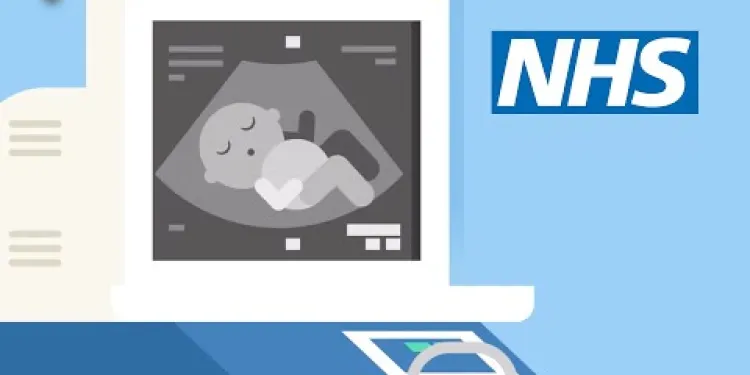
Screening tests for you and your baby | NHS
Relevance: 100%
-
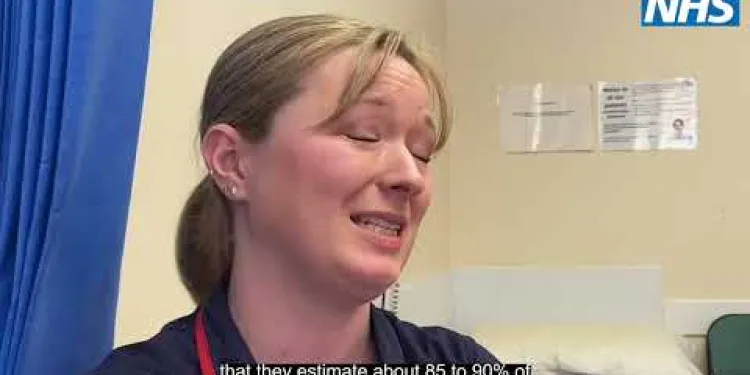
What is cervical screening (smear test)?
Relevance: 61%
-

Cervical screening (smear test) – what’s it all about?
Relevance: 61%
-
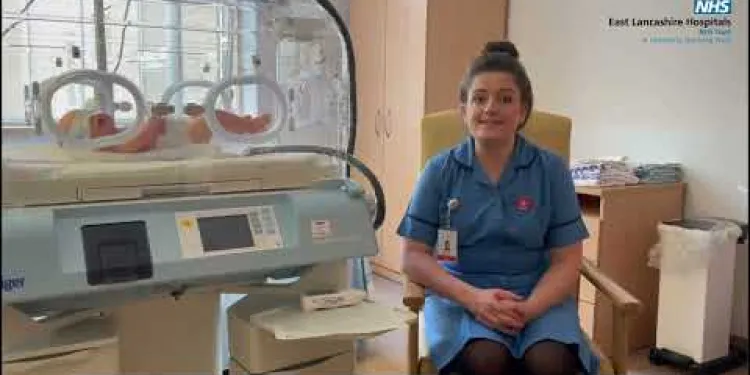
Jaundice in babies
Relevance: 59%
-
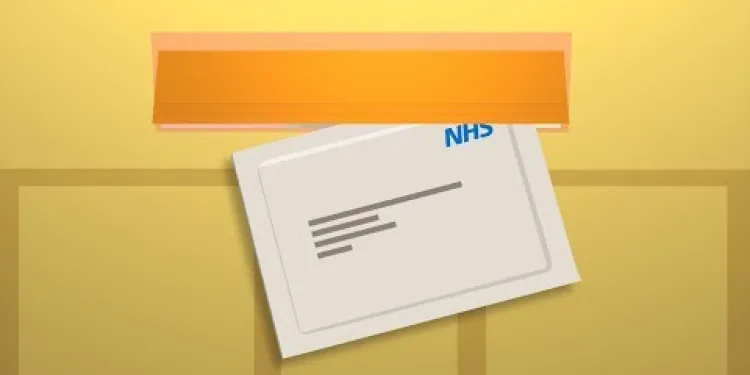
How to do the FIT bowel cancer screening test | Cancer Research UK
Relevance: 54%
-
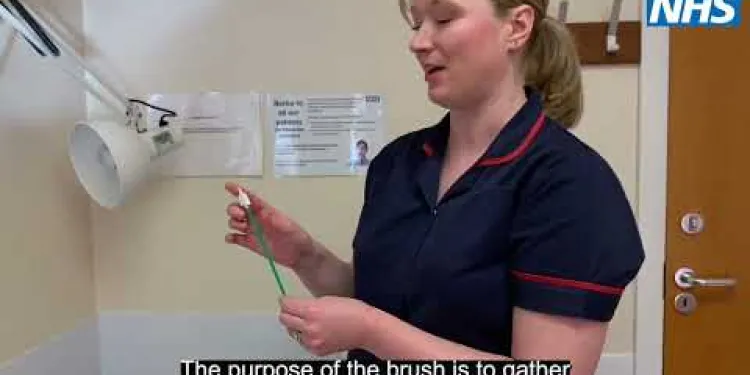
Booked in for your smear test (cervical screening) and not sure what to expect?
Relevance: 54%
-
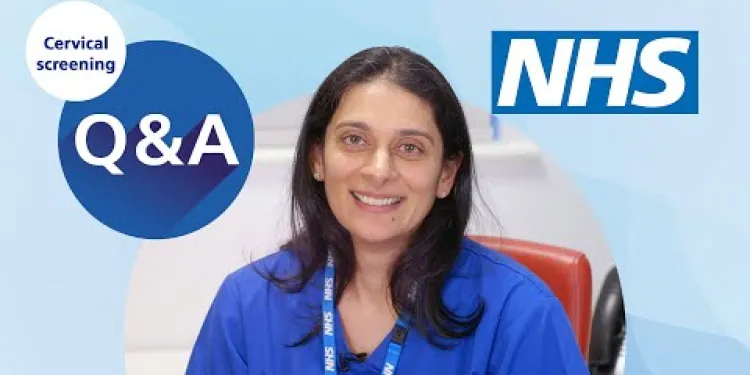
Cervical screening: Q&A | NHS
Relevance: 52%
-

What steps should I take if a screening test shows abnormal results?
Relevance: 51%
-
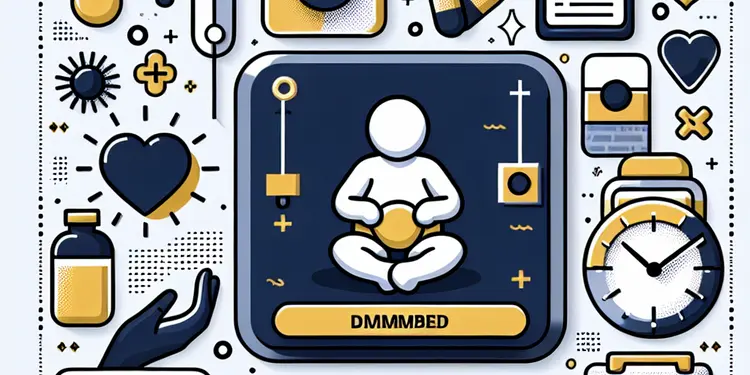
Can jaundice reoccur in babies?
Relevance: 51%
-

What is cancer screening?
Relevance: 50%
-

What are the symptoms of jaundice in a baby?
Relevance: 49%
-

Do formula-fed babies get jaundice?
Relevance: 49%
-
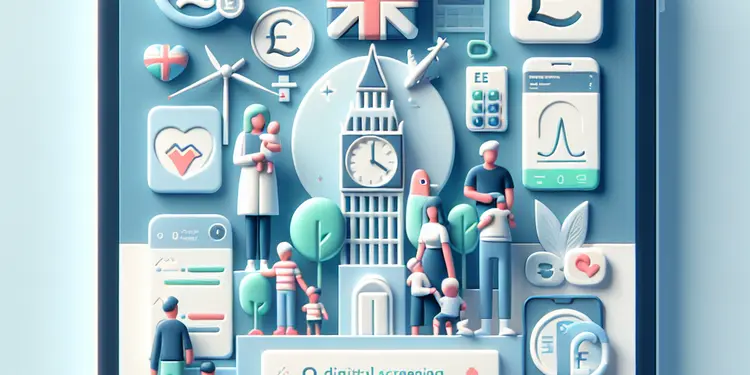
Is screening painful or risky for my child?
Relevance: 47%
-
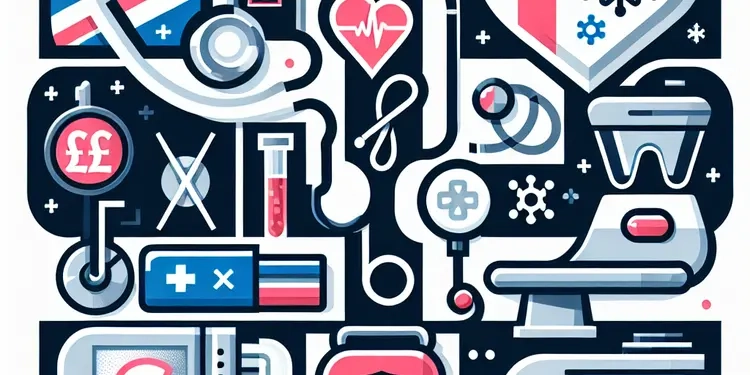
What kinds of cancer screening are available?
Relevance: 46%
-
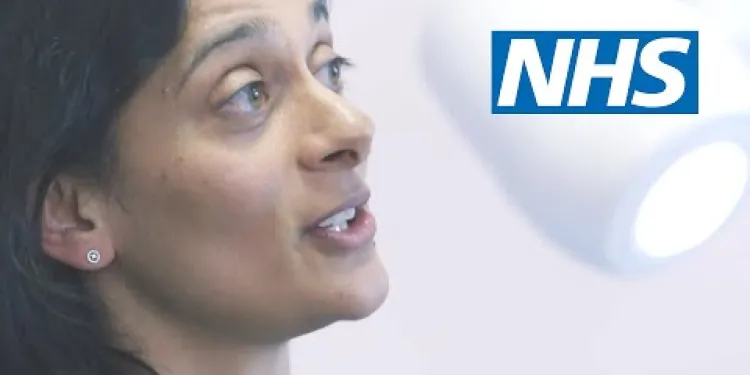
Cervical screening: what to expect | NHS
Relevance: 46%
-
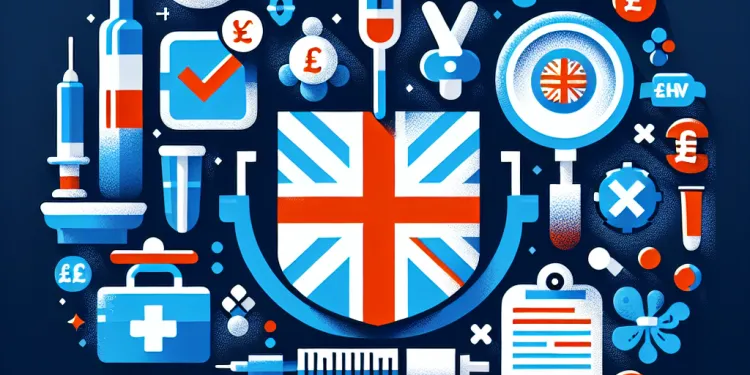
Is HPV testing available?
Relevance: 46%
-
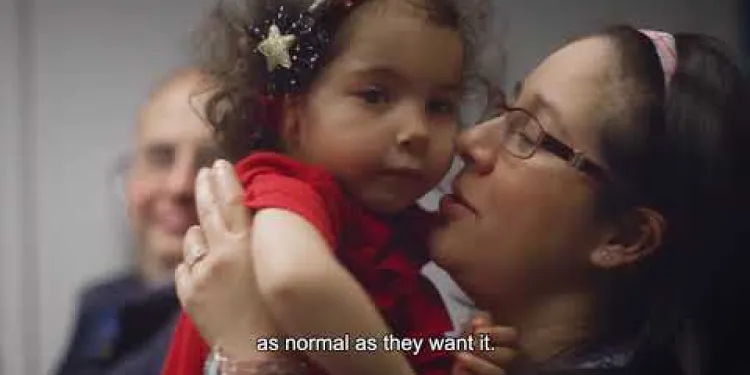
My baby has a hearing loss - what next?
Relevance: 46%
-
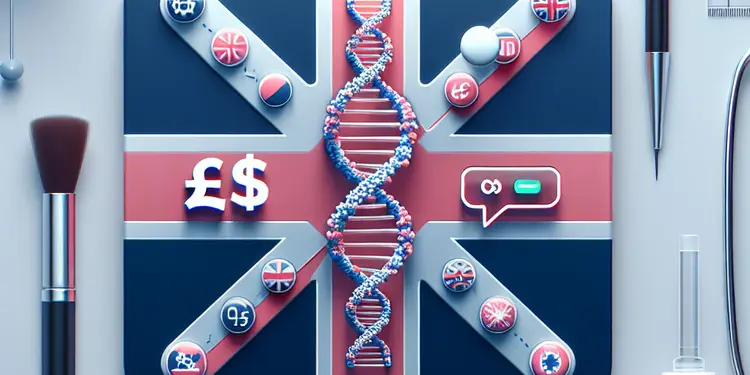
Is genetic screening available for cancer risk?
Relevance: 46%
-
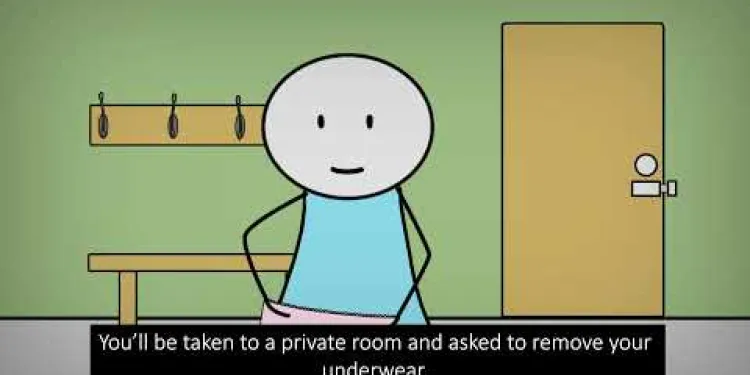
NHSGGC - Cervical Cancer Screening - English
Relevance: 45%
-
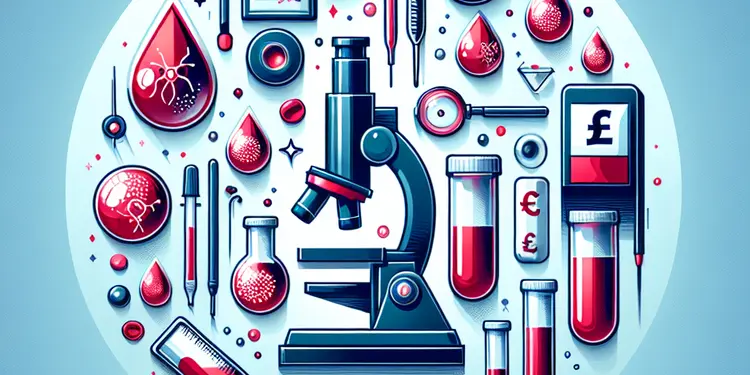
How is blood screened to prevent disease transmission?
Relevance: 45%
-
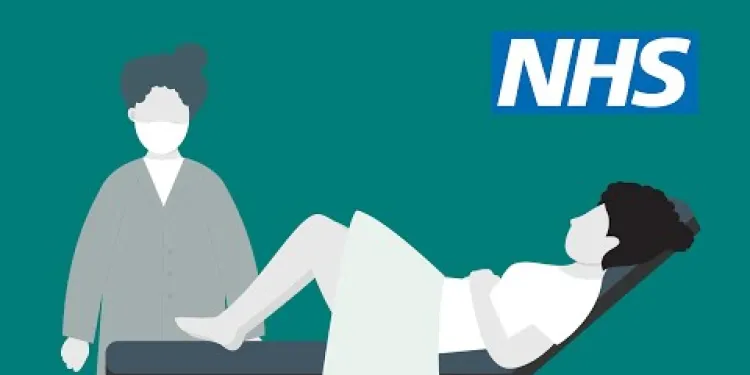
Cervical screening: how it's done | NHS
Relevance: 45%
-

What happens if my child's screening results are positive?
Relevance: 45%
-
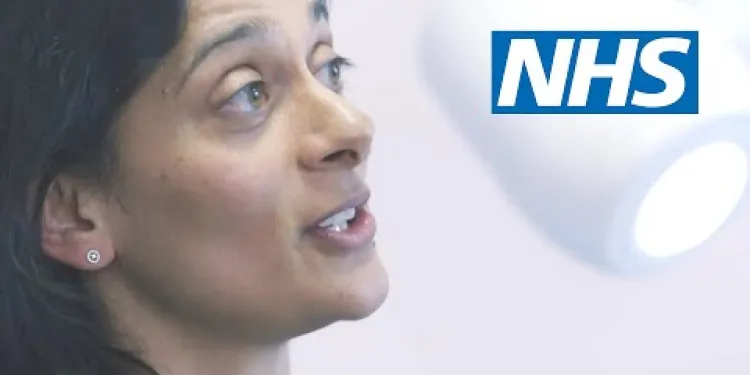
Cervical screening: what to expect | NHS
Relevance: 45%
-

Why do babies get jaundice?
Relevance: 45%
-
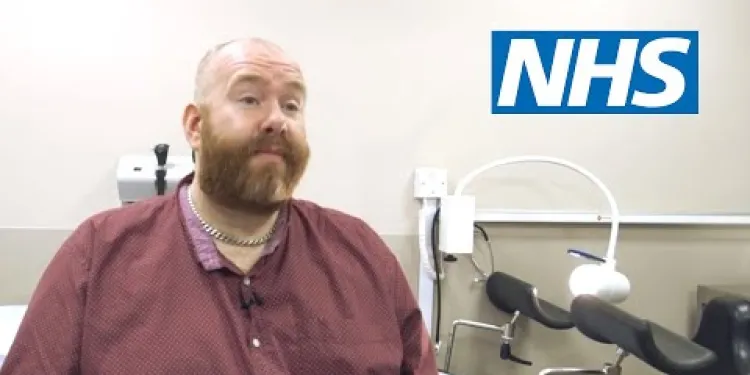
Cervical screening for transgender men | NHS
Relevance: 45%
-

What are the recommendations for colorectal cancer screening?
Relevance: 45%
-

Are baby sleep pillows safe?
Relevance: 45%
-

How do I know if my baby food is safe?
Relevance: 44%
-

What signs indicate spoiled baby food?
Relevance: 44%
-
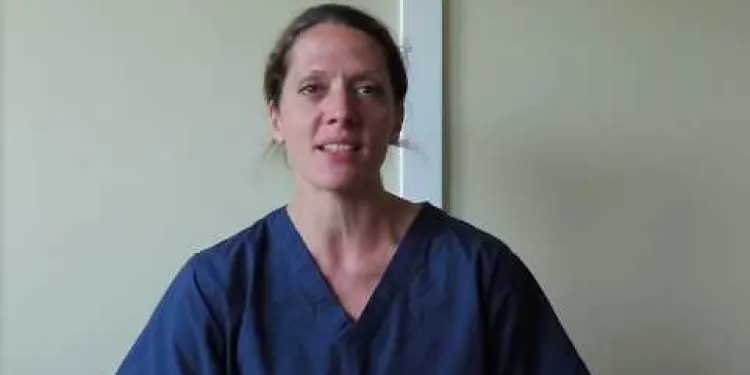
The NHS is #StillHereToHelp with cervical screening
Relevance: 44%
-
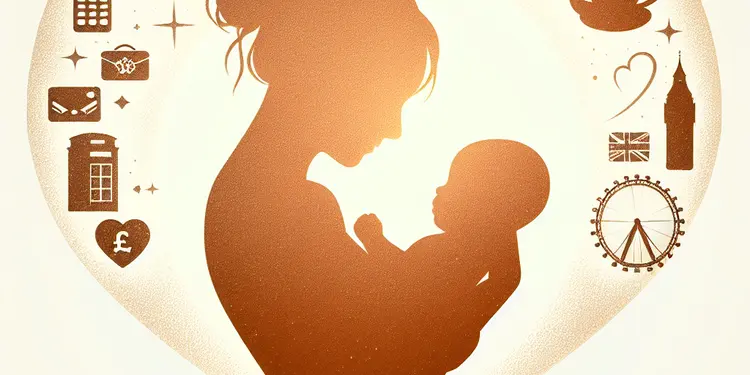
How does postnatal depression affect bonding with the baby?
Relevance: 44%
-

Postpartum Health: Mother and Baby
Relevance: 44%
-

Is it safe to sunbathe a baby with jaundice?
Relevance: 43%
-
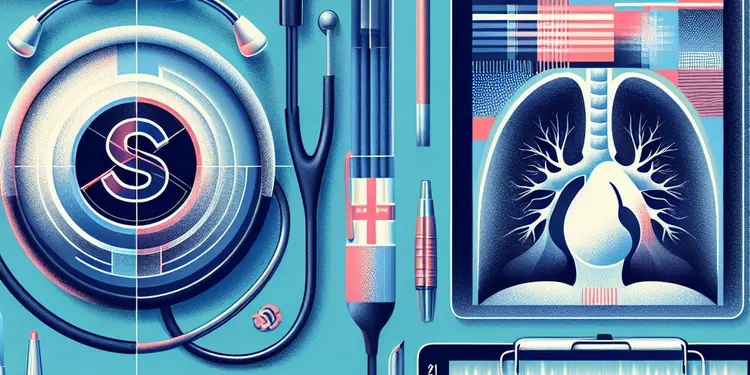
When should cervical cancer screening begin?
Relevance: 43%
-
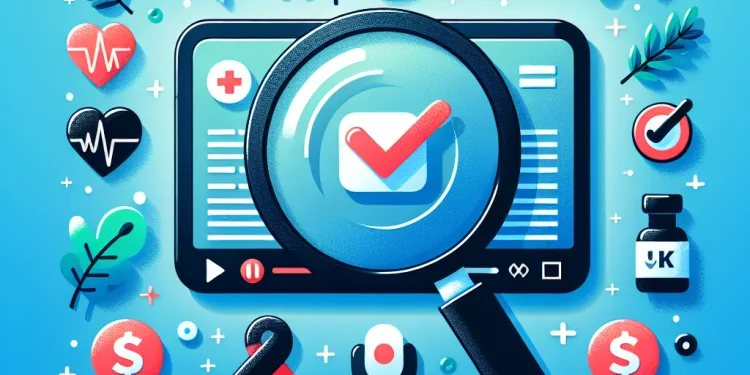
Health Screenings You Should Know About
Relevance: 43%
-

Diabetes Eye Screening
Relevance: 43%
-

What does screening for type 1 diabetes involve?
Relevance: 43%
-
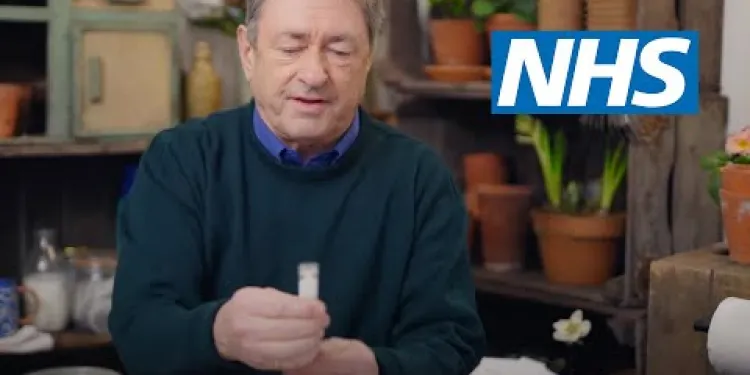
Bowel cancer screening: Alan Titchmarsh and Tommy Walsh | NHS
Relevance: 43%
-

Is it okay to use a baby sleep positioner?
Relevance: 43%
-
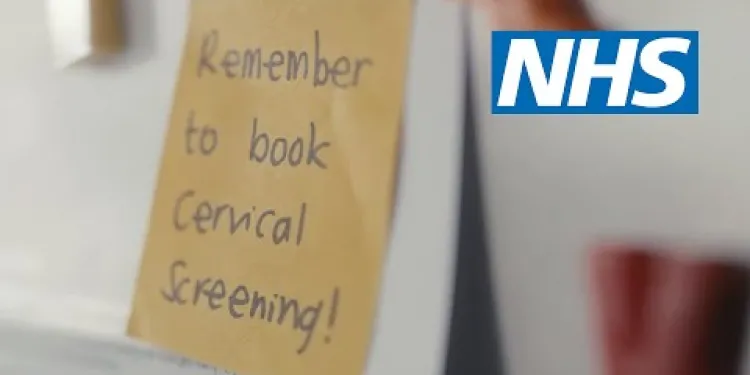
Don’t ignore your cervical screening invite | NHS
Relevance: 43%
Screening Tests for You and Your Baby | NHS
Introduction to Screening Tests
Screening tests are an essential part of prenatal and postnatal care, aimed at detecting any potential health issues early on. In the United Kingdom, the National Health Service (NHS) provides a range of screening tests to ensure the well-being of both mother and baby. These tests help in identifying conditions that might require further diagnostic tests or treatments.Prenatal Screening Tests
During pregnancy, several screening tests are offered to monitor the health of both the mother and the developing baby. Common prenatal screening tests include:- Blood Tests: These are performed to determine the mother's blood type, screen for infections like HIV, hepatitis B, and syphilis, and check for conditions such as anemia.
- Ultrasound Scans: These scans monitor the baby's development and help detect any physical abnormalities. The 12-week and 20-week scans are particularly crucial.
- Combined Screening: This combines a blood test and an ultrasound scan to assess the risk of the baby having Down's syndrome, Edwards' syndrome, or Patau's syndrome.
Newborn Screening Tests
After birth, your baby will be offered several screening tests to identify any health problems early. These include:- Newborn Hearing Screen: This test checks your baby's hearing to detect any early signs of hearing impairment, ensuring timely intervention if needed.
- Newborn Blood Spot Test: Also known as the heel prick test, this involves taking a small sample of your baby's blood to screen for nine rare but serious conditions, including cystic fibrosis and sickle cell disease.
- Physical Examination: A thorough physical check is performed within 72 hours of birth to look for obvious signs of disorders, particularly focusing on the eyes, heart, hips, and testes in boys.
Why Screening Tests Matter
Early detection via screening tests enables timely medical intervention, improving health outcomes for both mothers and babies. It provides peace of mind and helps healthcare professionals manage and treat conditions before they become serious. By participating in these screening programs, parents can ensure that their babies have the best start in life.Conclusion
The NHS offers comprehensive screening tests for expectant mothers and newborns, catering to the health and well-being of both. Understanding these tests, their importance, and what they involve can help parents make informed decisions about their prenatal and postnatal care. For more detailed information or specific concerns, always consult your midwife or healthcare provider.Screening Tests for You and Your Baby | NHS
Introduction to Screening Tests
Screening tests are checks to see if there might be a health problem. They help to find any problems early. In the UK, NHS gives these tests to help mums and babies stay healthy. These tests can show if more checks or treatment are needed.Prenatal Screening Tests
Pregnant women get different tests to check the mum and baby's health before birth. Here are some common tests:- Blood Tests: Doctors check the mum's blood type and look for infections like HIV. They also check for other problems like low iron levels.
- Ultrasound Scans: These are pictures of the baby inside the tummy. They help doctors see how the baby is growing. Important scans happen at 12 weeks and 20 weeks.
- Combined Screening: This test uses blood and ultrasound to check the risk of the baby having conditions like Down's syndrome.
Newborn Screening Tests
After the baby is born, there are tests to check the baby's health. These tests include:- Newborn Hearing Screen: This test checks if the baby can hear well. Catching any hearing problems early is important.
- Newborn Blood Spot Test: Called a heel prick test, a small bit of blood is taken from the baby’s heel. It checks for some rare health conditions.
- Physical Examination: This check happens within 3 days of birth. It looks at the baby's eyes, heart, hips, and, for boys, testes.
Why Screening Tests Matter
Finding health problems early helps doctors to treat them quickly. This makes sure mothers and babies stay healthy. Screening gives parents peace of mind and helps doctors keep babies safe and healthy.Conclusion
The NHS gives important tests to help keep mums and babies healthy. Knowing about these tests and why they are important helps parents make good choices. For more details or questions, talk to your midwife or healthcare provider.Frequently Asked Questions
What is the purpose of screening tests during pregnancy?
Screening tests during pregnancy are designed to assess the health of you and your baby, identifying any potential risks or conditions early on so that you can make informed decisions about your care.
When are the first screening tests offered during pregnancy?
The first screening tests are typically offered between 10 and 14 weeks of pregnancy, which include the combined test for Down's syndrome, Edwards' syndrome, and Patau's syndrome.
What conditions are tested for in the combined test?
The combined test screens for Down's syndrome (trisomy 21), Edwards' syndrome (trisomy 18), and Patau's syndrome (trisomy 13).
What does the combined test involve?
The combined test involves a blood test from the mother and an ultrasound scan to measure the amount of fluid at the back of the baby’s neck (nuchal translucency).
Are screening tests mandatory?
No, screening tests are not mandatory. They are offered to help provide information about your baby's health, but it is your choice whether or not to have them.
What happens if my screening test shows a higher risk of a condition?
If your screening test shows a higher risk, you will be offered further diagnostic tests such as amniocentesis or chorionic villus sampling (CVS) to confirm whether your baby has a condition.
What is the difference between a screening test and a diagnostic test?
A screening test estimates the risk of your baby having a particular condition, while a diagnostic test provides a definitive diagnosis.
What other screening tests are offered during pregnancy?
Additional screening tests during pregnancy may include scans to check for physical abnormalities (anomaly scan) and screening for infectious diseases such as HIV, hepatitis B, and syphilis.
When is the anomaly scan usually performed?
The anomaly scan is usually performed between 18 and 21 weeks of pregnancy.
What does the anomaly scan check for?
The anomaly scan checks for physical abnormalities in the baby, such as issues with the heart, spine, brain, kidneys, and limbs.
Will I need to pay for these screening tests?
No, the NHS offers these screening tests free of charge as part of routine antenatal care.
What should I do to prepare for a screening test?
There is usually no special preparation required for screening tests, but your healthcare provider will give you specific instructions if needed.
Are there any risks associated with screening tests?
Screening tests themselves are generally safe and carry minimal risk. However, some diagnostic tests that may follow a positive screening result, such as amniocentesis, carry a small risk of complications.
Can I refuse a screening test?
Yes, you can choose to decline any screening tests. Your decision will be respected, and you can discuss any concerns with your healthcare provider.
What support is available if my baby is diagnosed with a condition?
If your baby is diagnosed with a condition, the NHS offers a range of support services, including specialist healthcare providers, counseling, and support groups, to help you through your pregnancy and beyond.
Why do we have screening tests when someone is pregnant?
Screening tests help check the health of the baby and the parent. They can find out if there might be any problems early on. This way, doctors and nurses can help. There are different tests during pregnancy. Some tests are for everyone, and some are for certain people. It is good to talk to the doctor about which tests are right for you.
Helpful things: Try asking your doctor questions about the tests. You can also write down what the doctor says to help you remember. You can ask someone you trust to go with you to the appointment.
Screening tests during pregnancy help check if you and your baby are healthy. These tests can find any problems early. This helps you make good choices about your care.
When do you get the first health check-ups in pregnancy?
When you are going to have a baby, doctors do some tests to make sure you and the baby are healthy. These tests are called check-ups.
The first check-ups usually happen in the first few months. They help to find out if everything is okay.
If you have any questions, you can talk to your doctor. It's important to go to all your check-ups to take care of you and your baby.
If reading is hard, you can use a screen reader or ask someone to read with you. It's okay to ask for help.
The first check-ups for the baby usually happen when you are 10 to 14 weeks pregnant. These check-ups look for three things: Down's syndrome, Edwards' syndrome, and Patau's syndrome.
What Do Doctors Look For in the Combined Test?
The combined test is a check-up for pregnant women. Doctors want to make sure the baby is healthy. They look for things like:
- If the baby has a higher chance of Down syndrome, which is a condition that makes it hard to learn.
- If the baby might have something wrong with their heart.
- If there are any other problems the baby might have when they are born.
Doctors use the combined test to help learn more about the baby's health. If you need help understanding, ask a doctor or nurse to explain. You can also bring a family member or friend when talking to the doctor. They can help you remember or understand what the doctor says.
The test checks for three syndromes:
1. Down's syndrome (extra chromosome 21)
2. Edwards' syndrome (extra chromosome 18)
3. Patau's syndrome (extra chromosome 13)
If you find this hard to understand, you can use tools like text-to-speech, speak with someone, or draw pictures to help explain it.
What happens in the combined test?
The combined test has two parts. First, there is a blood test for the mother. Then, there is an ultrasound scan. This scan checks how much fluid is behind the baby's neck. This is called nuchal translucency.
If more help is needed, using pictures, simple words, and apps that read stories aloud can be useful tools.
Do you have to do screening tests?
No, you do not have to take screening tests. These tests can give you information about your baby's health. But you can choose if you want the tests or not.
What if my test says I might have a health problem?
If your test shows you might have a health problem, don’t worry. There are people who can help: - Talk to a doctor to find out more. - Ask questions so you understand better. It can be helpful to bring someone with you to the doctor. They can help you remember what the doctor says. You can also write down your questions before you go. This way, you won’t forget to ask anything.
If your first test says there might be a problem, the doctor will do more tests. These are called amniocentesis or chorionic villus sampling (CVS). They help find out for sure if your baby has a condition.
What is the difference between a screening test and a diagnostic test?
A screening test checks if you might have a health problem. It is like a first look.
A diagnostic test finds out for sure if you have a health problem. It gives you a clear answer.
To help understand this better, you can:
- Use pictures or videos that explain tests.
- Ask someone to read it with you.
- Use a dictionary for hard words.
A screening test helps check if your baby might have a certain condition. It doesn't give a sure answer. A diagnostic test gives a clear answer if your baby has the condition or not.
What other tests do you get when you are having a baby?
When you are having a baby, there might be extra tests. These can be scans to see if the baby is healthy (these are called anomaly scans). There can also be tests to check for diseases like HIV, hepatitis B, and syphilis.
When do doctors do the anomaly scan?
The baby scan happens when you are 18 to 21 weeks pregnant. It helps the doctor check if your baby is okay.
What does the anomaly scan look for?
The anomaly scan checks that a baby is growing well. It sees if there are any problems.
- It looks at the baby's body like the head, heart, and arms.
- It checks if the baby is healthy and growing okay.
A doctor uses a special machine to do the scan.
If you have questions, you can ask a doctor or nurse. They can help explain things.
The scan looks at the baby to see if everything is okay. It checks the baby's heart, back, brain, kidneys, and arms and legs to make sure they are healthy.
Do I have to pay for these tests?
This means: Will you need to use your money to get the tests?
If you need help to understand, you can:
- Ask someone to explain it to you.
- Use simple words or pictures to help you.
- Write your questions down and ask someone you trust.
No, the NHS gives these checks for free. They are part of the normal care when you are pregnant.
How can I get ready for a screening test?
Here are some steps to help you get ready:
- Relax and take deep breaths. Feeling calm will help you do well.
- Sleep well the night before. Sleeping helps your brain work better.
- Eat a healthy meal so you have energy.
- Make sure you know where to go for the test.
- Ask someone for help if you don't understand something about the test.
You can use tools like picture cards or ask a friend to help you practice. Remember, it’s okay to ask questions if you’re unsure.
You don’t usually need to get ready for a screening test. But if you do need to get ready, your doctor will tell you exactly what to do.
Are there any dangers with health tests?
Health tests help find problems. But sometimes, they can have risks. Risks mean things that might go wrong.
Here's what you need to know:
- Sometimes, the test can give a wrong answer. This means it might say you have a problem when you don't, or it might miss a problem you have.
- Some tests might make you feel a bit sore or uncomfortable.
- It's important to talk to your doctor about the tests. They can help you decide what is best for you.
If you find reading hard, you can use:
- Text-to-speech apps to listen to the text.
- Ask a friend or family member to read with you.
Always ask questions if you are unsure. It's okay to ask for help!
Screening tests are usually safe. They don't have much risk. But if a screening test shows something, other tests might be needed. For example, a test called amniocentesis can be a bit risky. It might cause some problems.
If you find reading hard, there are tools that can help. You can try using audiobooks or asking someone to read with you. It's also helpful to take breaks and read in a quiet place.
Can I say no to a screening test?
Yes, you can say no to any health tests. Your choice will be respected. You can talk about any worries with your doctor.
What help can I get if my baby is sick?
If a doctor says your baby has a health problem, there are things to help you:
- Doctors and nurses can give advice.
- Family or friends can support you.
- Parent groups can help you talk to others.
- Books and websites have information.
- Counselors can listen and help you feel better.
Tools like picture boards or apps can also help you understand. Always ask questions if you need to know more.
If doctors find out your baby has a health problem, the NHS has many ways to help you. They have special doctors, counselors, and groups to talk to. They will help you during your pregnancy and after your baby is born.
Useful Links
Have you found an error, or do you have a link or some information you would like to share? Please let us know using the form below.
-->
This website offers general information and is not a substitute for professional advice.
Always seek guidance from qualified professionals.
If you have any medical concerns or need urgent help, contact a healthcare professional or emergency services immediately.
Some of this content was generated with AI assistance. We’ve done our best to keep it accurate, helpful, and human-friendly.
- Ergsy carfully checks the information in the videos we provide here.
- Videos shown by Youtube after a video has completed, have NOT been reviewed by ERGSY.
- To view, click the arrow in centre of video.
- Most of the videos you find here will have subtitles and/or closed captions available.
- You may need to turn these on, and choose your preferred language.
- Go to the video you'd like to watch.
- If closed captions (CC) are available, settings will be visible on the bottom right of the video player.
- To turn on Captions, click settings .
- To turn off Captions, click settings again.
More Items From Ergsy search
-

Screening tests for you and your baby | NHS
Relevance: 100%
-

What is cervical screening (smear test)?
Relevance: 61%
-

Cervical screening (smear test) – what’s it all about?
Relevance: 61%
-

Jaundice in babies
Relevance: 59%
-

How to do the FIT bowel cancer screening test | Cancer Research UK
Relevance: 54%
-

Booked in for your smear test (cervical screening) and not sure what to expect?
Relevance: 54%
-

Cervical screening: Q&A | NHS
Relevance: 52%
-

What steps should I take if a screening test shows abnormal results?
Relevance: 51%
-

Can jaundice reoccur in babies?
Relevance: 51%
-

What is cancer screening?
Relevance: 50%
-

What are the symptoms of jaundice in a baby?
Relevance: 49%
-

Do formula-fed babies get jaundice?
Relevance: 49%
-

Is screening painful or risky for my child?
Relevance: 47%
-

What kinds of cancer screening are available?
Relevance: 46%
-

Cervical screening: what to expect | NHS
Relevance: 46%
-

Is HPV testing available?
Relevance: 46%
-

My baby has a hearing loss - what next?
Relevance: 46%
-

Is genetic screening available for cancer risk?
Relevance: 46%
-

NHSGGC - Cervical Cancer Screening - English
Relevance: 45%
-

How is blood screened to prevent disease transmission?
Relevance: 45%
-

Cervical screening: how it's done | NHS
Relevance: 45%
-

What happens if my child's screening results are positive?
Relevance: 45%
-

Cervical screening: what to expect | NHS
Relevance: 45%
-

Why do babies get jaundice?
Relevance: 45%
-

Cervical screening for transgender men | NHS
Relevance: 45%
-

What are the recommendations for colorectal cancer screening?
Relevance: 45%
-

Are baby sleep pillows safe?
Relevance: 45%
-

How do I know if my baby food is safe?
Relevance: 44%
-

What signs indicate spoiled baby food?
Relevance: 44%
-

The NHS is #StillHereToHelp with cervical screening
Relevance: 44%
-

How does postnatal depression affect bonding with the baby?
Relevance: 44%
-

Postpartum Health: Mother and Baby
Relevance: 44%
-

Is it safe to sunbathe a baby with jaundice?
Relevance: 43%
-

When should cervical cancer screening begin?
Relevance: 43%
-

Health Screenings You Should Know About
Relevance: 43%
-

Diabetes Eye Screening
Relevance: 43%
-

What does screening for type 1 diabetes involve?
Relevance: 43%
-

Bowel cancer screening: Alan Titchmarsh and Tommy Walsh | NHS
Relevance: 43%
-

Is it okay to use a baby sleep positioner?
Relevance: 43%
-

Don’t ignore your cervical screening invite | NHS
Relevance: 43%


